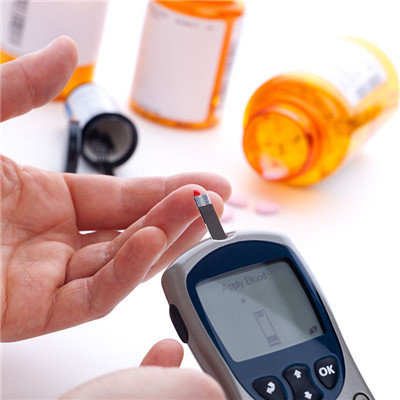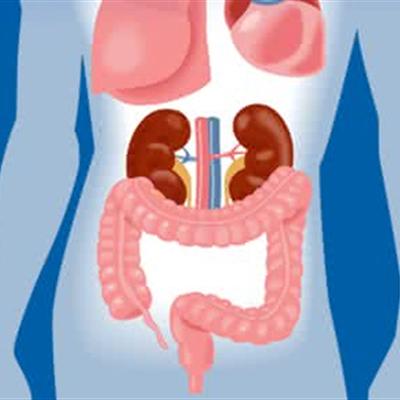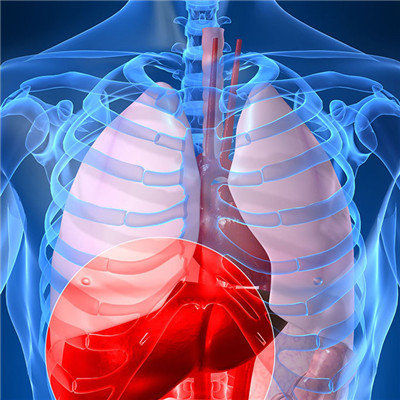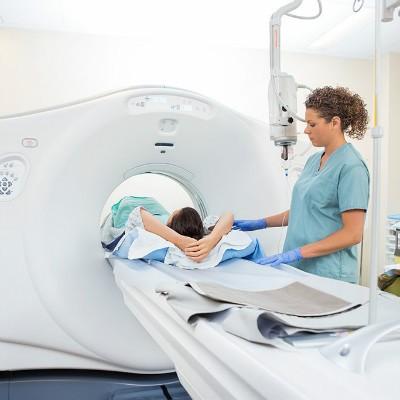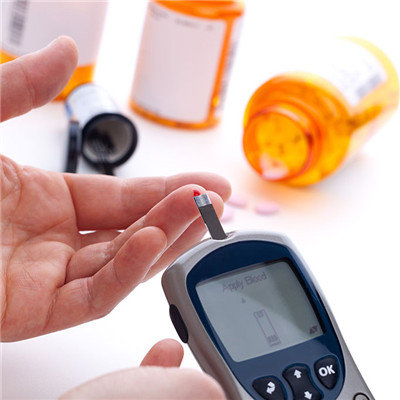What reaction does blood pressure drop have, without any conscious symptom?
summary
Many people just think that high blood pressure is very serious, low blood pressure is OK. As everyone knows, hypotension is no less harmful to health than hypertension. Understand the symptoms and harm of hypotension, can advance local hypotension, then, what are the specific manifestations of hypotension symptoms, how much harm?
What reaction does blood pressure drop have, without any conscious symptom?
First, the patients with physiological hypotension had no conscious symptoms except that the arterial blood pressure was lower than the above value. After long-term follow-up, there was no ischemia, hypoxia and other abnormalities in various organs of the human body, and life expectancy was not affected. Physiological hypotension is common in young women, especially in thin and long people, and it is not uncommon for physical workers who often engage in large amount of exercise and heavy physical workers. The occurrence of hypotension is often associated with higher vagal tension.
Second: pathological hypotension (hypotension) in addition to arterial blood pressure is lower than normal, often accompanied by general fatigue, dizziness, fatigue, sweating, palpitations and other symptoms, when standing for a long time or from lying (or sitting, squatting) to standing position, the above symptoms are more obvious, even fainting.
Third: according to the form of onset can be divided into acute and chronic hypotension. (1) Acute hypotension is a sudden and obvious decrease of blood pressure from normal level or higher level. It is common in the weak, mainly manifested as syncope and shock. (2) Chronic hypotension may have genetic tendency, and may also be secondary to some neurological diseases, cardiovascular diseases, chronic malnutrition, endocrine dysfunction, convalescence of infectious diseases and the use of some antihypertensive drugs, often accompanied by corresponding discomfort and abnormal examination.
matters needing attention
(1) Mild symptoms: dizziness, dizziness, headache, loss of appetite, fatigue, pale face, indigestion, carsickness, etc. (2) Severe symptoms: orthostatic vertigo, cold limbs, palpitations, dyspnea, ataxia, vague pronunciation, even syncope, convulsions, long-term bed rest.
